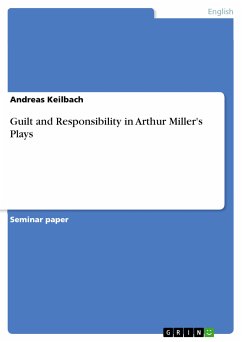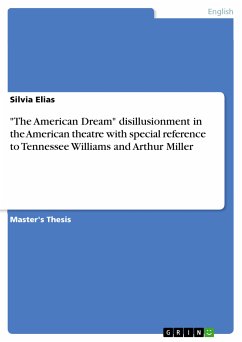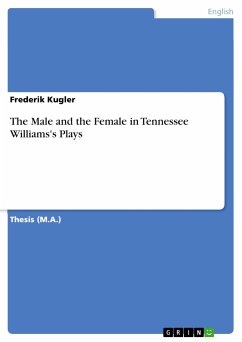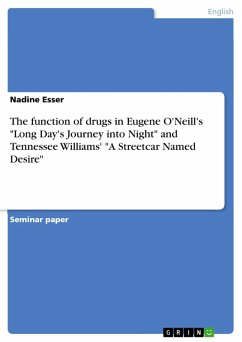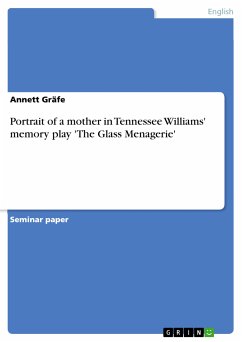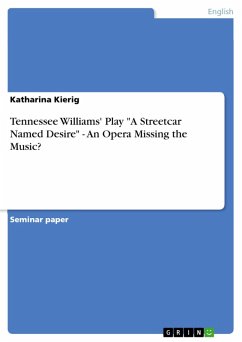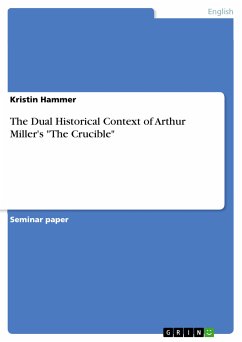Seminar paper from the year 2007 in the subject American Studies - Literature, grade: 1,3, University of Freiburg (Englisches Seminar), course: 20th Century American Drama: Tennessee Williams and Arthur Miller, language: English, abstract: The purpose of this term paper is to examine how the characters in Arthur Miller’s plays are confronted with guilt and responsibility and how they deal with it. Furthermore, I want to demonstrate how personal, individual guilt and responsibility not only become a matter for the individual but also have an important impact on the community and the society. According to Miller, there is a really strong mutual relationship between the individual and society. He states: “Society is inside man and man is inside society, the water is in the fish, the fish is in the water.” Miller’s main protagonists always try to defend themselves against an accusation, to deny their responsibility and guilt, and to believe in their innocence. Bigsby mentions what all of the characters concerning innocence and guilt have in common: “… [They] spend much of their time rebutting charges whose justice they acknowledge even as they are rejected. They are people who try to escape the consequences of their actions, who try to declare their innocence even when that involves implying the guilt of others.” This truly applies for the plays and characters I will observe in the following. I decided to focus on two plays published in the 1940s and 1950s: All My Sons (1947) and The Crucible (1953). Their main protagonists experience confrontation with themselves which finally leads to death. Most emphasis will be laid on All My Sons as there we have a number of characters dealing with guilt and responsibility, namely Chris, Larry, Kate, and Joe Keller. In addition, I will discuss the character of Proctor in The Crucible. The dominant question in these characters becomes this one: “How can a human being work out the interconnections among the everwidening circles of responsibility: self, family, society, the universe? According to Miller, “to violate the codes of any circle is to sin.”
